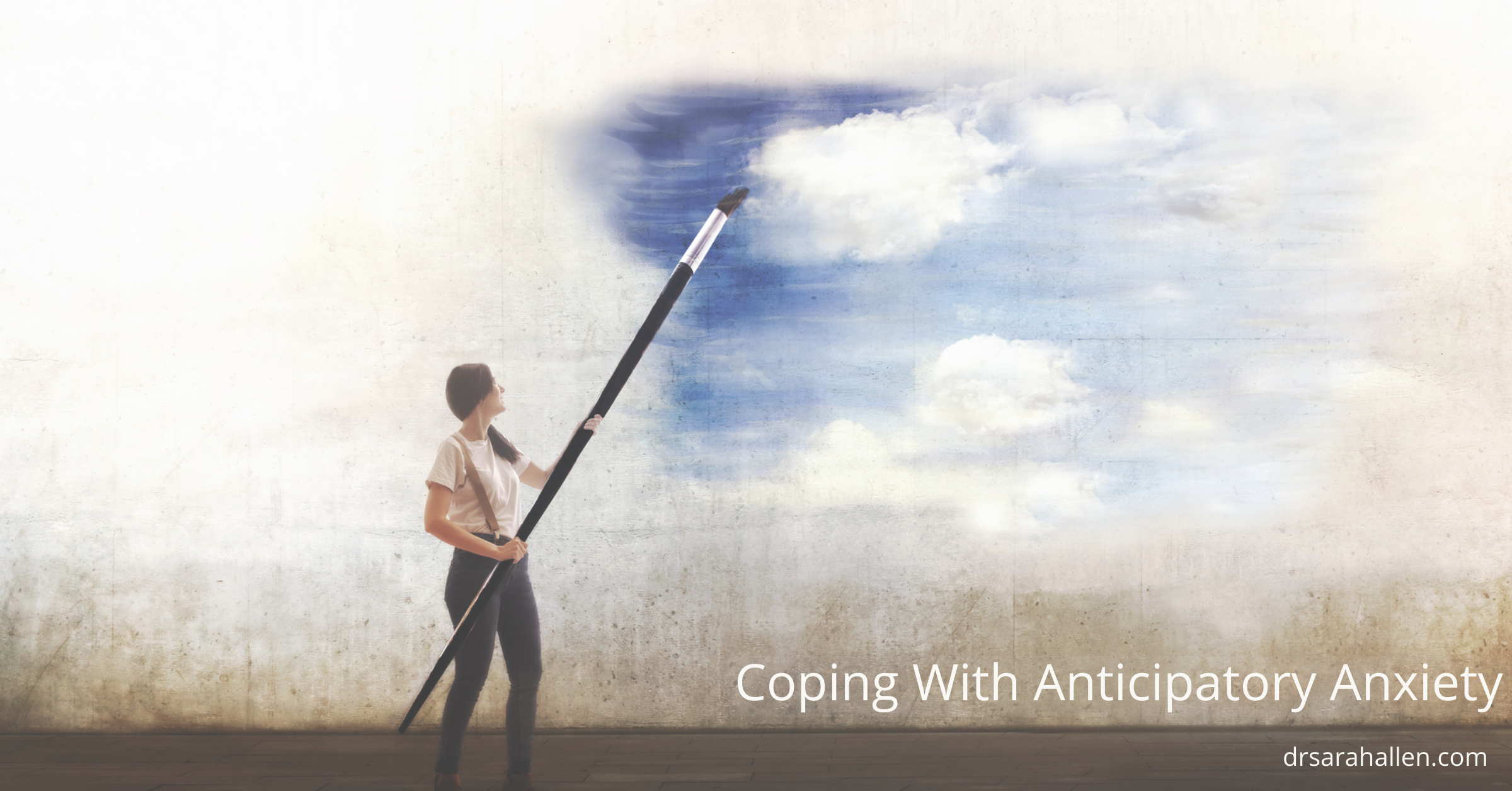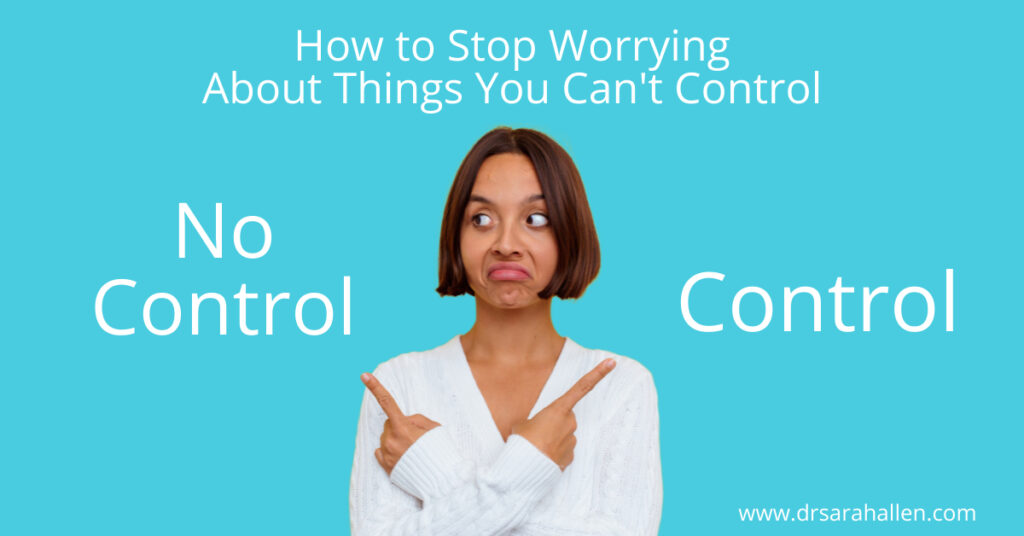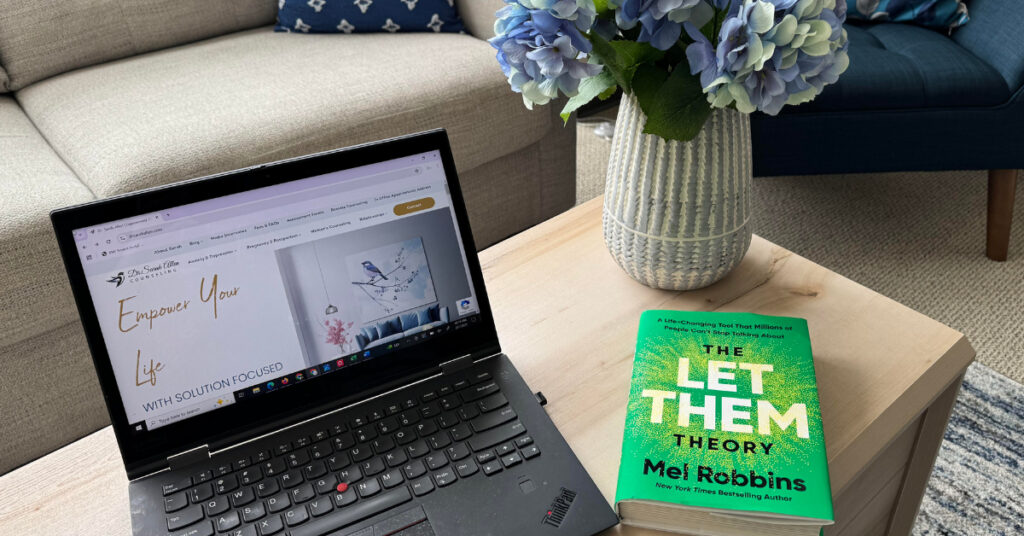
Anticipatory anxiety can often be an incredibly overwhelming. As you go through your day, the mere thought of an upcoming event or situation can send your stress levels skyrocketing. While some stress is normal and even beneficial, anticipatory anxiety can interfere with your daily life and overall well-being. That’s why I am here to help you better understand anticipatory anxiety and provide actionable strategies to overcome it.
In this blog, I will be focusing on one specific topic – Anticipatory Anxiety. My goal is to equip you with research-backed information and practical tips that can help you regain control of your thoughts and emotions. By reading this article I hope by the end you will know about the wide-reaching effects of anticipatory anxiety, understand what causes it, and explore various coping mechanisms.
Let’s start by exploring what anticipatory anxiety is and how it may manifest in your life, followed by an in-depth look at the psychological and biological factors contributing to “What If” thinking. “What if I go to meet friends for coffee and they think I am aloof because I can’t think of anything to contribute to the conversation”, “What if Katy is upset with me? She hasn’t called me in a while”… The “What Ifs” can be endless and usually involve future difficult situations that more often than not don’t even happen.
From incorporating relaxation techniques such as deep breathing and mindfulness, to re-evaluating and restructuring your thought processes through cognitive-behavioral therapy (CBT) or exposure therapy, this blog will cover a wide range of strategies than can help. In addition, there are everyday lifestyle changes that can help minimize anxiety.
What is Anticipatory Anxiety?
Anticipatory anxiety is a common form of anxiety that occurs before or in expectation of a specific event or situation. While everyone experiences occasional bouts of nervousness and anxiety – such as before giving a presentation, going on a first date, or attending a job interview – anticipatory anxiety can have a more significant impact on your day-to-day life. It’s characterized by lingering and disproportionate worry about potential threats or negative outcomes, often leading to avoidance of situations, persistent ruminations, and heightened stress levels.
Now that we know what anticipatory anxiety is, let’s delve into the factors that contribute to its development, the symptoms you may experience, and how it differs from more general anxiety disorders.
Contributing Factors to Anticipatory Anxiety
Multiple factors contribute to the development and persistence of anticipatory anxiety, including both psychological and biological elements. A few common contributors are:
- Genetics: Genetics play a role in anxiety disorders, as you may have a family history of anxiety or other mental health conditions that influence your predisposition to anticipatory anxiety. If you have a parent, or caregiver, that had anxiety when you were growing up they may have also modeled anxious behavior so there is probably a mix of genetic and modeling that might predipose you having anticipatory anxiety.
- Neurochemistry: Brain neurotransmitter imbalances, such as serotonin, norepinephrine, and gamma-aminobutyric acid (GABA), may contribute to the onset of anxiety symptoms. This is similar to a genetic predisposition but can also be effected by experiences and trauma.
- Personality Traits: Certain personality traits, such as perfectionism or a tendency to overthink, can exacerbate anticipatory anxiety.
- Past experiences: Negative or traumatic experiences that have not been adequately processed or resolved can fuel anticipatory anxiety by increasing sensitivity to potential threats in the future.
- Stress Management Skills: A lack of effective stress management skills can make it difficult to cope with the smallest triggers, thus turning minor concerns into severe anticipatory anxiety.
Recognizing the Symptoms of Anticipatory Anxiety
Anticipatory anxiety affects individuals differently, but common symptoms include:
- Excessive Worry: Spending a disproportionate amount of time worrying about potential problems or negative outcomes related to the anticipated event.
- Trouble Concentrating: Difficulty focusing on tasks, an inability to sit still or relax, and a tendency to become easily distracted.
- Physical symptoms: Rapid heart rate, sweaty palms, trembling, nausea, and shortness of breath.
- Avoidance Behavior: Deliberately steering clear of situations or events that trigger anticipatory anxiety, potentially leading to missed opportunities or a reduced quality of life.
Coping Strategies for Overcoming Anticipatory Anxiety
Thankfully, several effective strategies can help you manage and reduce anticipatory anxiety. No single approach will work for everyone, so it’s essential to explore different methods and find the right combination that best suits your needs.
Deep breathing and relaxation techniques: Relaxation techniques, such as deep breathing, meditation, or progressive muscle relaxation, can help counteract anxiety by activating the body’s relaxation response. Read Take a Deep Breath: How Deep Breathing Helps Combat Anxiety for strategies that help.
Mindfulness: Practicing mindfulness can be an effective way to alleviate anticipatory anxiety by bringing your attention back to the present moment and preventing your mind from wandering into fearful “what if” scenarios.
Cognitive-Behavioral Therapy (CBT): CBT is an evidence-based psychotherapy approach that helps reshape negative thought patterns and behaviors. It can teach you to recognize and challenge unrealistic or unhelpful thoughts, replacing them with more balanced and rational perspectives. Read CBT For Anxiety: What It Is & How It Works What Is CBT? for an in-depth article about CBT.
Problem Solving: Research from North Carolina State University has provided some useful insights on addressing anticipatory anxiety. The study found that engaging in problem-solving when anticipating stress can greatly reduce its effects. This means that if we actively work on finding solutions to potential problems, we can feel more in control and less anxious. Problem-solving involves identifying possible issues and thinking of ways to address them before they happen. This proactive approach helps in feeling more prepared and less overwhelmed. By focusing on what we can control, we reduce the uncertainty that fuels anxiety. Whether it’s setting up a support system or planning for different scenarios, these steps make a significant difference. This can sometimes backfire if by trying to problem solve, you end up in a rumination loop. But we can also address that. Read 5 Signs You Are Overthinking & How Cognitive Therapy Can Help! and How To Stop Worrying About Things You Can Control.
Exposure Therapy: Gradual exposure to anxious situations can help desensitize you to your fears and reduce anticipatory anxiety. This technique involves facing your fears systematically and incrementally, increasing the intensity of the situation as you become more comfortable. We would take small, manageable steps and I would never expect you to do something you are not comfortable doing. We start with coming up with a hierarchy of things you want to overcome or worry about. Starting at the least scary step, we gradually build up, step by step, to address situations that make you uncomfortable in and worry about.
Lifestyle Changes: Maintaining a healthy diet, exercising regularly, practicing good sleep hygiene, and minimizing caffeine and alcohol intake can greatly impact your overall mental well-being and, in turn, can help manage anxiety levels to some extent but these are in addition to the real work done during therapy.
Limit News & Social Media Consumption: Constant exposure to news and social media can fuel doom scrolling and increase anxiety about things you frequently can’t control. Set specific times to check updates instead of constantly scrolling.
Seek Support: Friends and family might be able to offer support but if you are frequently experiencing anxiety and it is affecting your life, please reach out to me as I specialize in anxiety management. You don’t have to deal with this alone. I can guide you to set realistic goals and provide you with practical, research validated coping tools tailored to your unique experiences. With professional support I will empower you to handle anticipatory anxiety effectively.
Anticipatory anxiety is a common and understandable response to stress, but it can also significantly hinder your quality of life if left unaddressed. Recognizing the symptoms, understanding the factors that contribute to its development, and implementing effective coping strategies are all crucial steps towards regaining control over your anxiety. Remember, there’s no shame or weakness in seeking professional help or the support of loved ones to help you to overcoming anticipatory anxiety. With persistence and the right strategies, you can ultimately cope better and not have to constantly grapple with anticipatory anxiety.
Are you struggling with anticipatory anxiety? Dr. Sarah Allen is here to help. Her anxiety therapy services in Chicago offer expert guidance and support to help you understand and overcome the gripping effects of anticipatory anxiety. Your personalized treatment plans are tailored to meet your unique needs and empower you to live your best life. Contact Dr. Sarah Allen today to schedule your appointment and start your journey towards healing and recovery.

If you have any questions, or would like to set up an appointment to work with me and learn how to reduce anxiety, please contact me at 847 791-7722 or on the form below.
If you would like to read more about me and my areas of specialty, please visit Dr. Sarah Allen Bio.
Dr. Allen’s professional license only allows her to work with clients who live in IL & FL & the UK and unfortunately does not allow her to give personalized advice via email to people who are not her clients.
Dr. Allen sees clients in person in her Northbrook, IL office or remotely via video or phone.

What Can I Read That Helps Me While I Am Waiting For My First Appointment With Sarah?
Download this free booklet to gain valuable insights and practical strategies for managing anxiety and worrying.

































